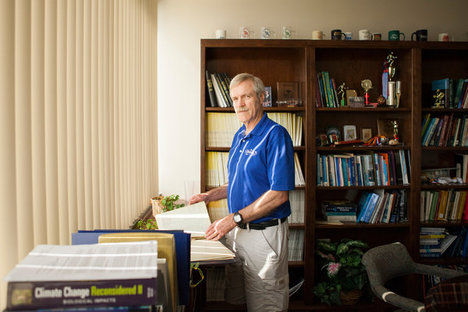(p. C6) . . . transregional organizations like Viking armies or the Hanseatic League mattered more than kings and courts. It was a world, as Mr. Pye says, in which “you went where you were known, where you could do the things you wanted to do, and where someone would protect you from being jailed, hanged, or broken on the wheel for doing them.”
. . .
This is a world in which money rules, but money is increasingly an abstraction, based on insider information, on speculation (the Bourse or stock market itself is a regional invention) and on the ability to apply mathematics: What was bought or sold was increasingly the relationships between prices in different locations rather than the goods themselves.
What happened to bring this powerful, creative pattern to a close? The author credits first the reaction to the Black Death of the mid-14th century, when fear of contamination (perhaps similar to our modern fear of terrorism) justified laws that limited travel and kept people in their place. Religious and sectarian strife further limited the free flow of ideas and people, forcing people to choose one identity to the exclusion of others or else to attempt to disappear into the underground of clandestine and subversive activities. And behind both of these was the rise of the state, a modern invention that attempted to control, delineate, and restrict human thought and action.
For the full review, see:
PATRICK J. GEARY. “Lighting Up the Dark Ages.” The Wall Street Journal (Sat., May 30, 2015): C6.
(Note: ellipses added.)
(Note: the online version of the review has the date May 29, 2015.)
The book under review, is:
Pye, Michael. The Edge of the World: A Cultural History of the North Sea and the Transformation of Europe. New York: Pegasus Books LLC, 2014.


